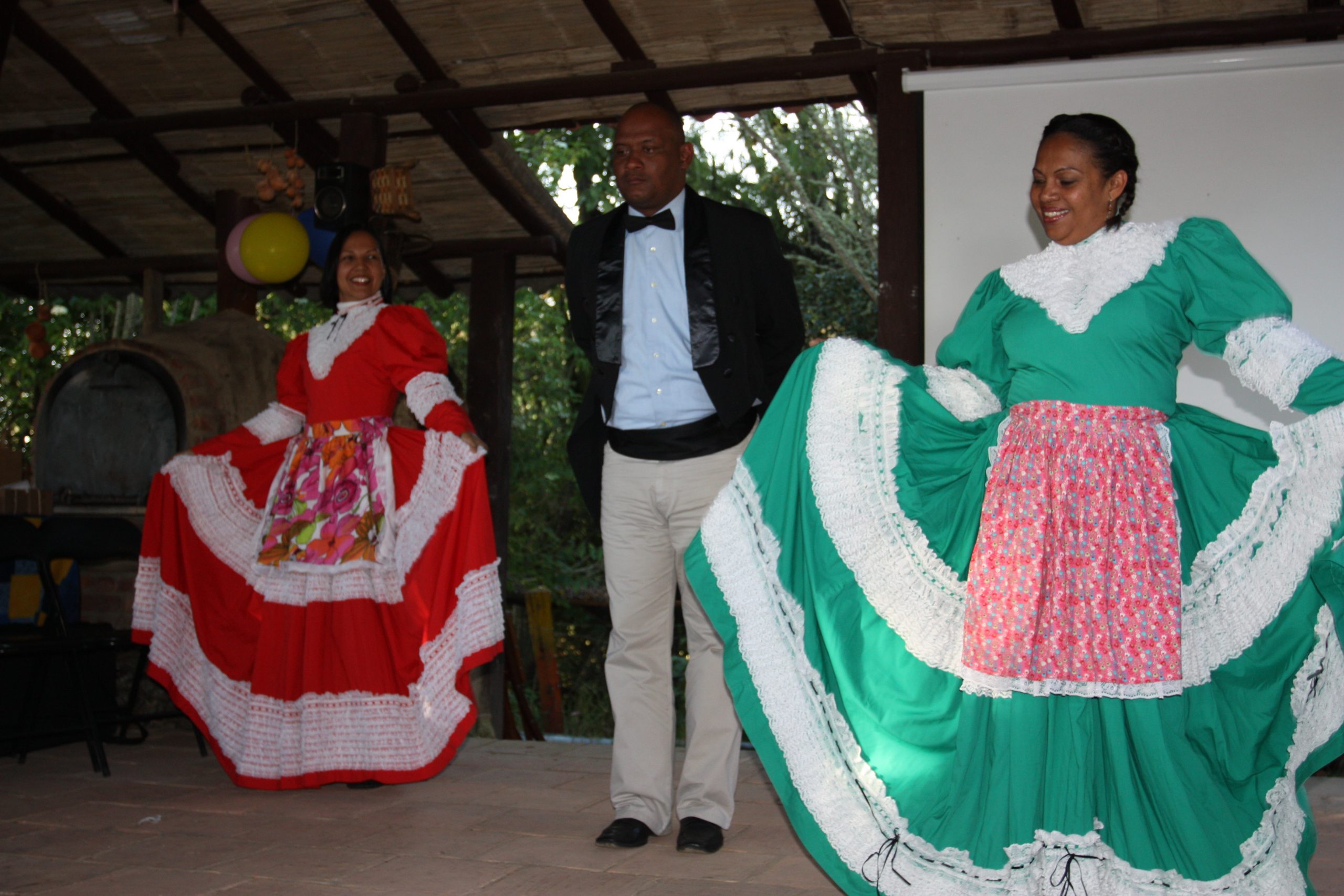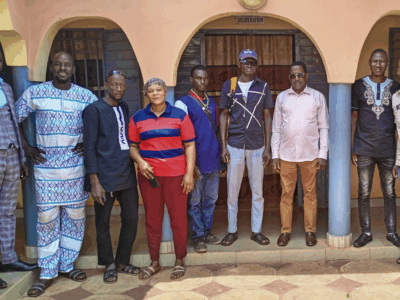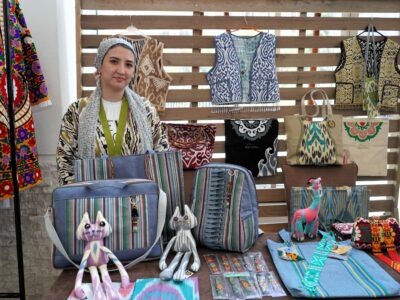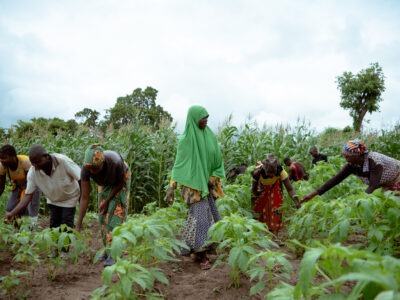
Last fall, ACDI/VOCA’s Internal Diversity Task Force reached out to field staff to learn how their projects ensure staff diversity. To this end, the task force launched the Diversity Lessons Learned contest in September 2015 to share best practices among HQ and project staff. We’re happy to announce that Colombia ACIP’s submission has been selected the winner. The five-year, USAID-funded Afro-Colombian and Indigenous Program (ACIP) is working to improve the social status and increase the incomes of Afro-Colombian and indigenous peoples.
At ACDI/VOCA, diversity means “the inclusion of people who are qualified, capable, and motivated without regard to race, ethnicity, tribe, age, family responsibilities, color, marital status, gender, personal appearance, sexual orientation, gender identify, political affiliation, national origin, religion, and/or disability.”
ACIP recruits qualified candidates of diverse backgrounds and enlists them as role models for other employees. It creates a respectful environment by providing a thorough induction process, teambuilding assistance, one-on-one mentoring, and support for professional growth. Having a representative and diverse staff has helped the project generate better connections with the communities and organizations it serves.
By striving to be inclusive, the project empowers real agents of change. In fact, ACIP was admitted to The Order of the Democracy Simon Bolivar, one of the highest civilian distinctions awarded by the Colombian Congress in May 2015. This honor recognizes the project’s contribution to the development of Afro-Colombian and indigenous communities. Of the recognition, Martha Chaverra, ACIP Institutional Strengthening Manager, says that it “is well deserved. I say this because I have worked in many institutions in the government and international cooperation programs but never with so much diversity. Here, diversity is represented not only in terms of gender and ethnicity, we also have staff of all ages, from every region of the country and from different nationalities.”








